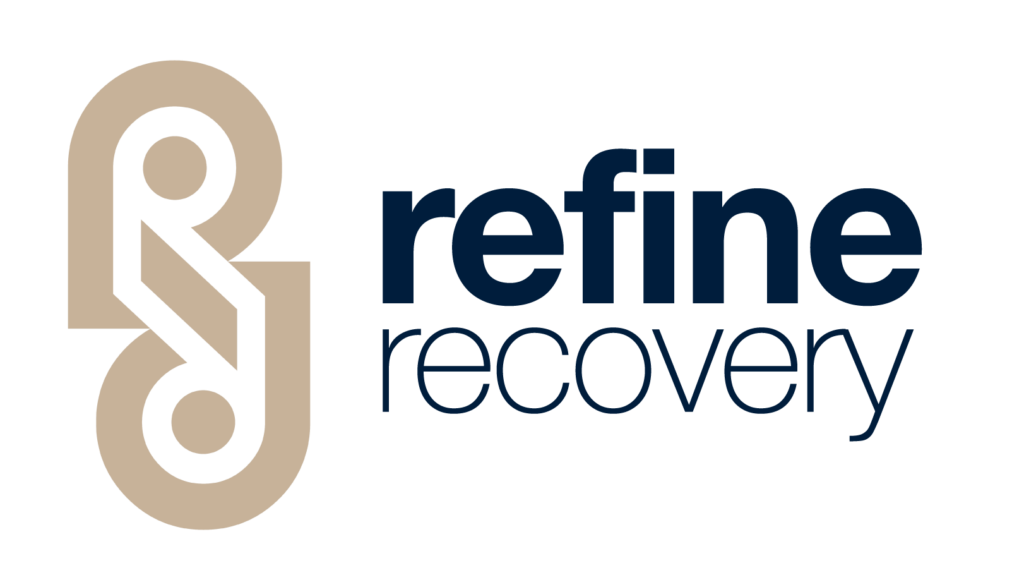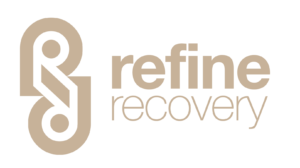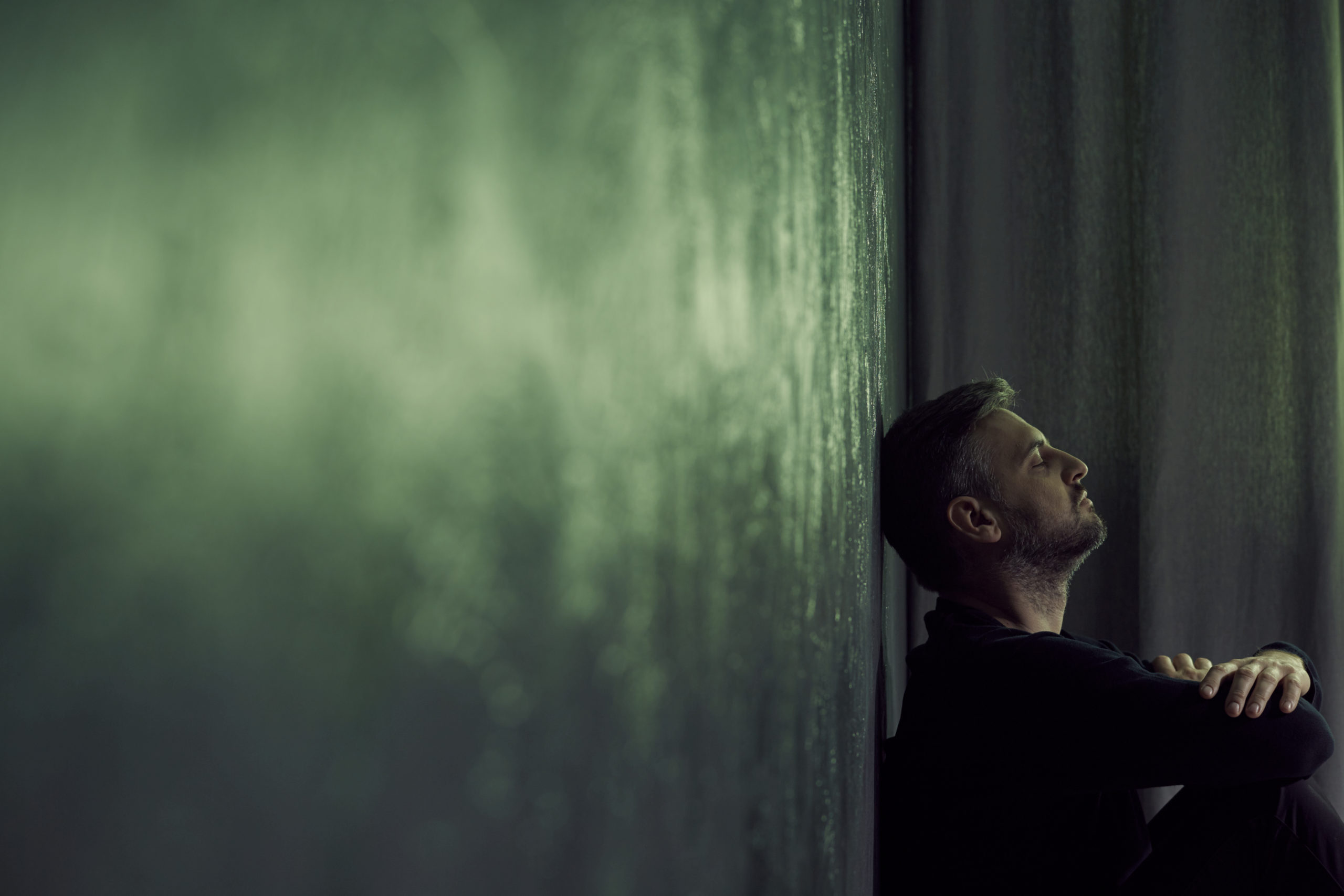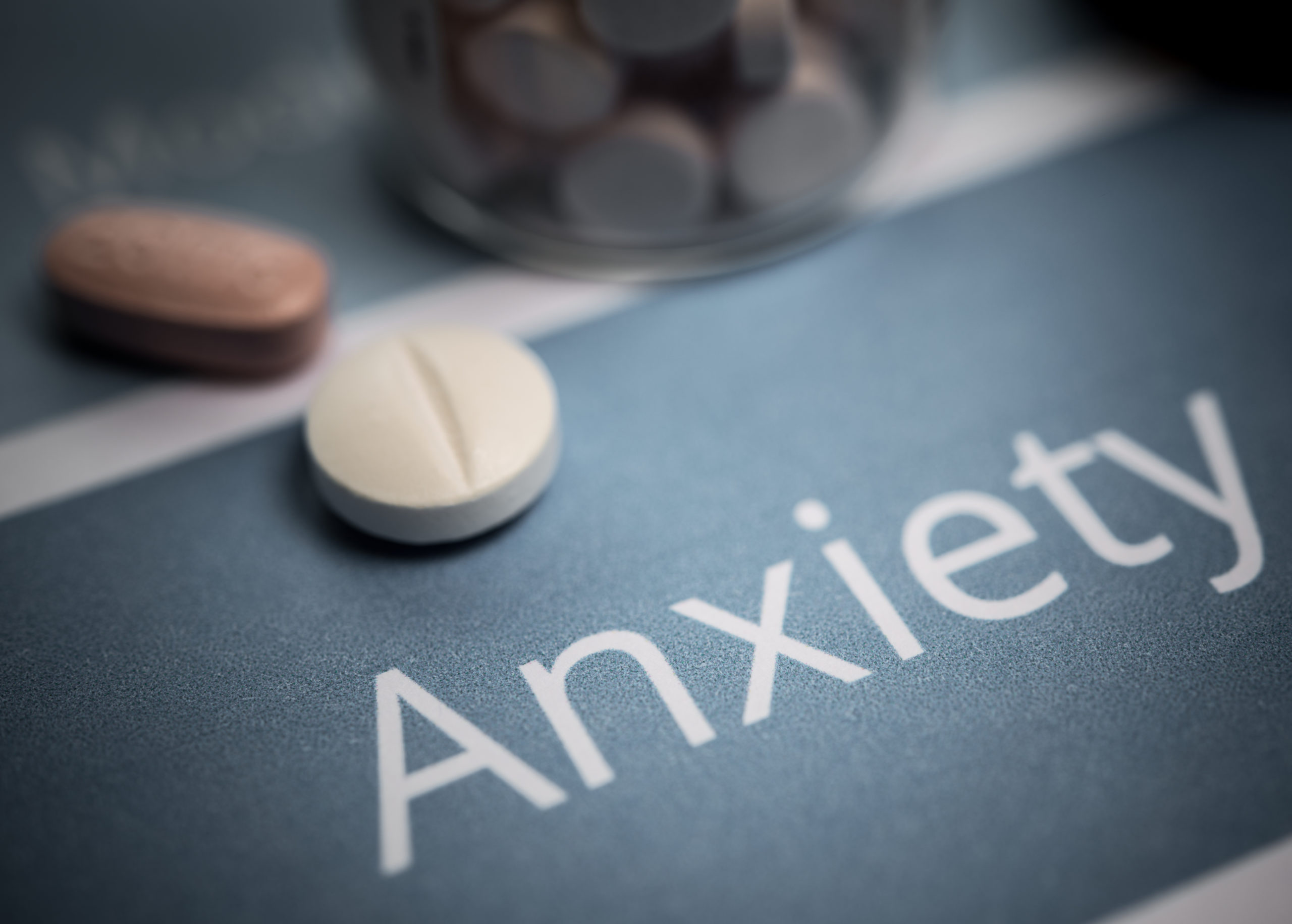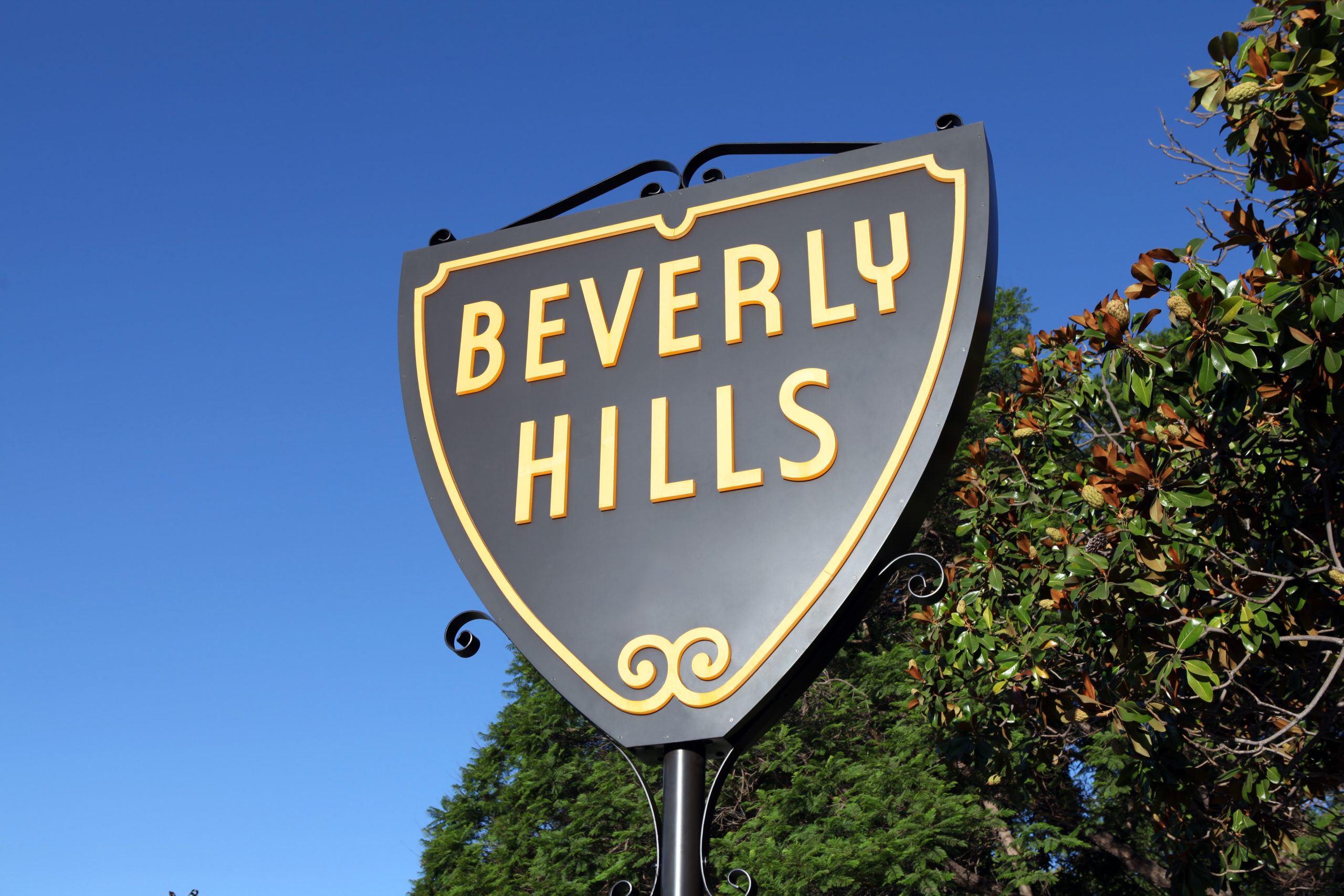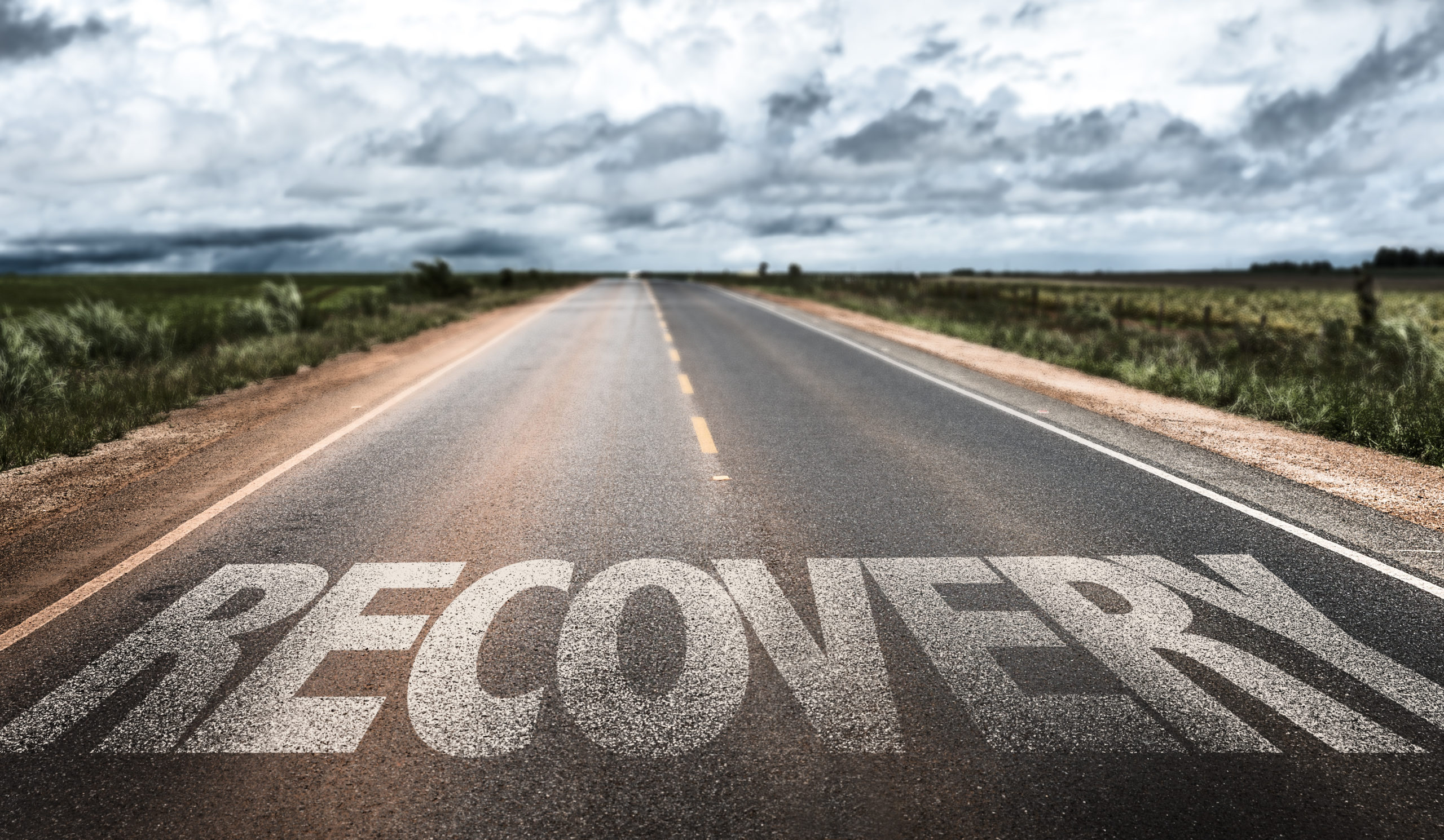Benzodiazepine is a drug that is commonly prescribed to treat anxiety. While it’s effective in producing a sense of calm, it can also be addictive. This is because it produces withdrawal symptoms that make it a hard habit to break.
This article will review the dangers of benzo withdrawal and what you can do if you notice addiction setting in.
What are Benzodiazepines?
Benzodiazepines are commonly prescribed to treat anxiety, but they may also treat other conditions. These include:
- Seizures
- Insomnia
- Pain (they work as a muscle relaxant)
- Agitation associated with drug withdrawal
- Nausea and vomiting
- Depression
- Panic attacks
They can also be used as a sedative or as anesthesia before a medical procedure.
While scientists are unsure how benzodiazepines work, they believe they affect neurotransmitters in the brain. They specifically work on GABA, a neurotransmitter that suppresses nerve activity that may be tied to anxiety and other mental disorders.
There are several types of benzos on the market. Some popular kinds include valium, Xanax, Ativan, Klonopin, and more. They vary in the amount of time they require to take effect and how long they last.
Are Benzos Addictive?
Yes, benzos are addictive. Many people are attracted to the euphoric and calming effects the drug produces and take doses that are more than what is recommended by a doctor. Others begin taking it recreationally, and an addiction begins to form.
What are the Signs of Benzo Addiction?
The first sign of benzo addiction is an increased tolerance. Users will need to do more of the drug to get the same effects.
The next sign is benzo withdrawal. This will occur because the body gets so used to being on the drug that it is unable to function without it. It will begin exhibiting unpleasant symptoms that are both physical and emotional in nature.
The person knows that the only way to get rid of these benzodiazepine withdrawal symptoms short term is to take more of the drug. This sets them on a vicious cycle of abuse.
Other signs of benzo addiction include:
- Blurred vision
- Weakness
- Drowsiness
- Poor judgment
- Going to different doctors to try and get various prescriptions
- Not being able to stop taking the drug even if you want to
- Mood swings
- Dangerous behavior
- Dishonest behavior
- Lack of self-care
- Troubled relationships
- Legal troubles
- Financial troubles
What are the Signs of Benzo Withdrawal?
Benzodiazepine withdrawal is hard to beat. Here are the symptoms you may be dealing with during detox.
- Irritability
- Difficulty sleeping
- Difficulty concentrating
- Nausea and vomiting
- Muscle pain
- Headache
- Heart palpitations
- Anxiety
- Hand tremors
- Seizures
What are the Dangers of Benzo Withdrawal?
Benzo withdrawal is not only unpleasant but also dangerous.
One of the most dangerous withdrawal symptoms is seizures. While it’s rare to die from a seizure, it is possible to hit your head when one is occurring. This can cause a fatal or long-term injury.
Another possibility is that the person can start feeling a return of the symptoms they were initially using benzo to treat, such as anxiety. When combined with other withdrawal symptoms, these can be pretty severe. They can lead to suicidal thoughts and self-harm.
Treatment for Benzo Withdrawal
Because benzo withdrawal is dangerous, it’s best to detox with the assistance of a professional staff. Medical experts will provide medication to reduce symptoms. They will keep the patient as comfortable as possible and supervise them to ensure relapse doesn’t occur.
There are many facilities that offer treatment for benzo withdrawal, but Refine Recovery takes an approach that sets us apart.
Refine Recovery is a boutique luxury rehab located in the upscale community of Beverly Hills, CA. We use dual diagnosis treatment plans that simultaneously address the addiction and its underlying cause. We understand that every patient is different, and we customize therapies that we feel are best suited to our patients.
Our unique therapies include a variety of traditional methods, like CBT and MAT, and alternative treatments like yoga and meditation. All care takes place in our luxury amenity facilities. We follow up with aftercare, ensuring patients get the support they need to maintain sobriety.
Benzo withdrawal makes addiction hard to deal with. Refine Recovery offers the assistance you need. Contact us to find out how you can make it through to a brighter tomorrow.
